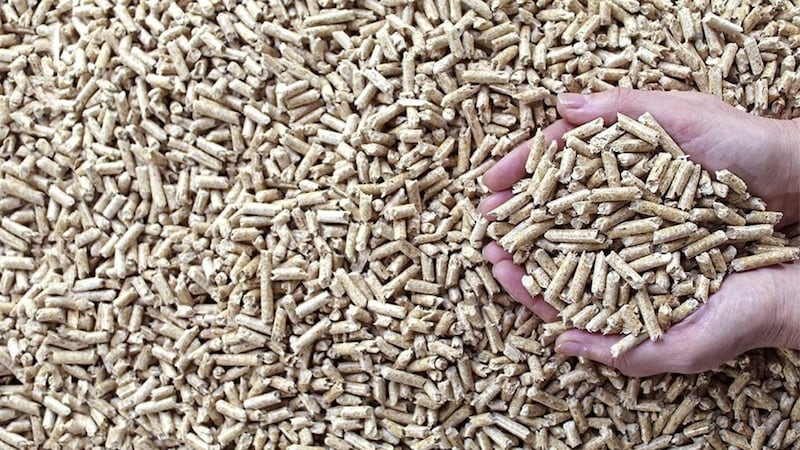Last month, a social media post blaming the ‘greed’ of business owners in Portrush for driving tourists away from the area was picked up by the media.
The video, by Ricky Martin of the local surf school, claimed tourists are being “driven away” by a ‘greedy’ hospitality business.
As a business owner himself, I would assume Ricky knows something about the costs associated with running a business and the overheads like rent, rates, energy, the price of goods, employing staff, and the need to make a profit.
Maybe that’s not the case when he criticises local hospitality businesses and calls them greedy without knowing the challenges those businesses face.
We can all jump up and down about the price of a pint, or indeed the price of a surf lesson, unaware of the costs that it takes to provide the goods or service.
How could a pint be the same price in a seaside town like Portrush as the City of London?
Let’s look at the facts, the underlying costs of doing business in these places, and maybe gain an understanding of the real problem.
Northern Ireland has the highest business rates in the UK, with businesses in Portrush paying a higher rates poundage (0.585 pence in the pound) compared to the City of London who pay 0.564 pence in the pound. Not to mention the fact that Westminster – realising hospitality businesses needed help – reduced their rates by 75% in England, while our hospitality got nothing, even though Westminster sent the money here.
Northern Ireland energy costs are higher than any other part of the UK and Ireland at 35.3p per kilowatt-hour, NI small businesses pay significantly more than their equivalents in the Republic of Ireland (31.8p), the rest of the UK (26.6p), and the EU (24.9p).
Businesses in Portrush are also subject to the same staffing costs as those in London as the living wage is uniform across the UK.
Although there is one key difference in our favour: the vast majority of our pubs, restaurants, and hotels are locally owned and operated which means that for every £100 spent in them, £58 stays in the local economy, unlike large chains that take their profits back to GB.
Although this does mean that they have less buying power than big chains, so they pay more when purchasing goods.

So, instead of slagging off our local businesses in the hope that they will drop their prices to unsustainable levels, maybe we should all ask our political representatives in both Stormont and Westminster what they are doing to support businesses in Portrush, and across Northern Ireland, to ensure our great pubs, restaurants, hotels - and surf schools - continue to thrive.
- Colin Neill is chief executive of Hospitality Ulster







